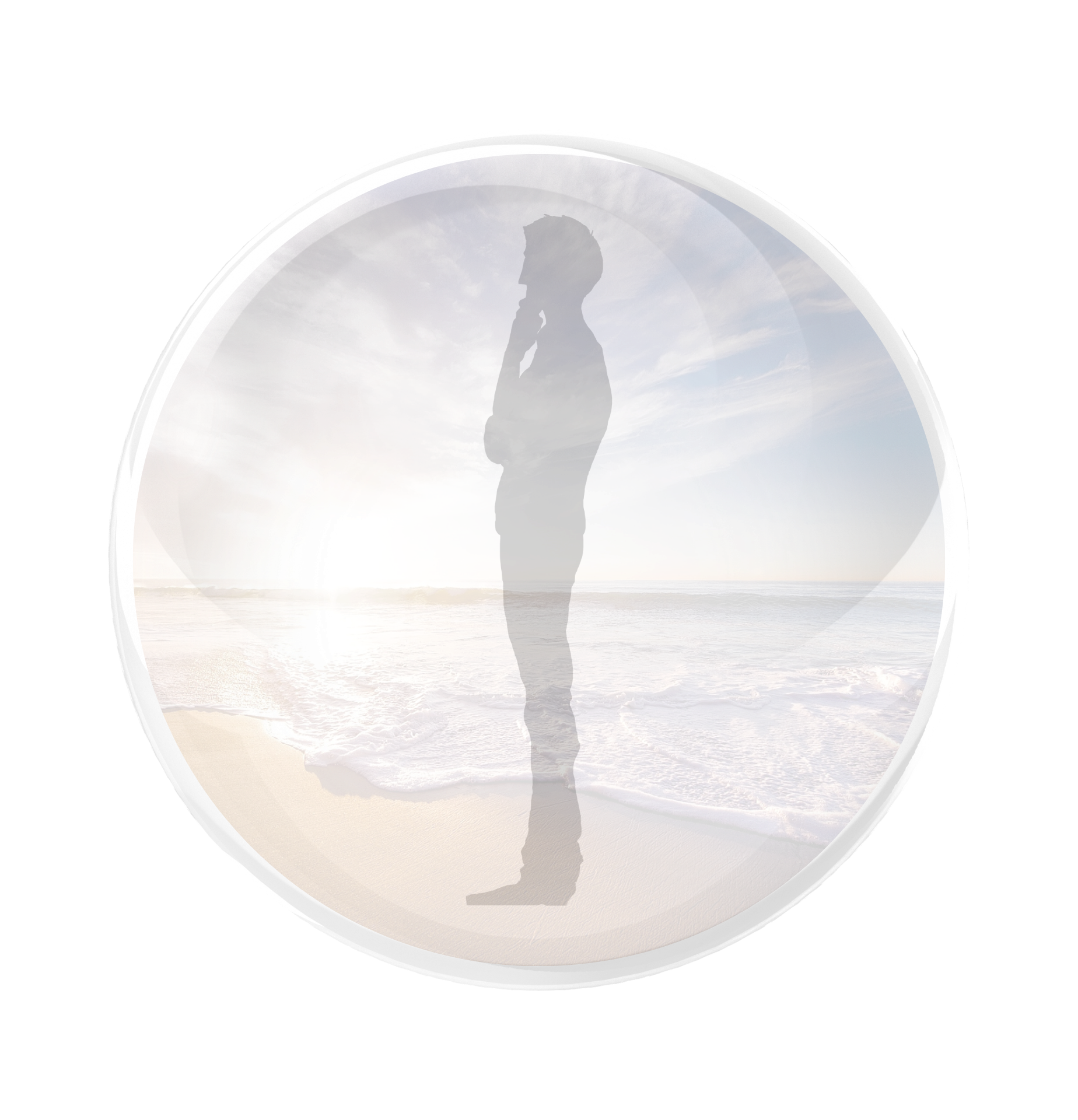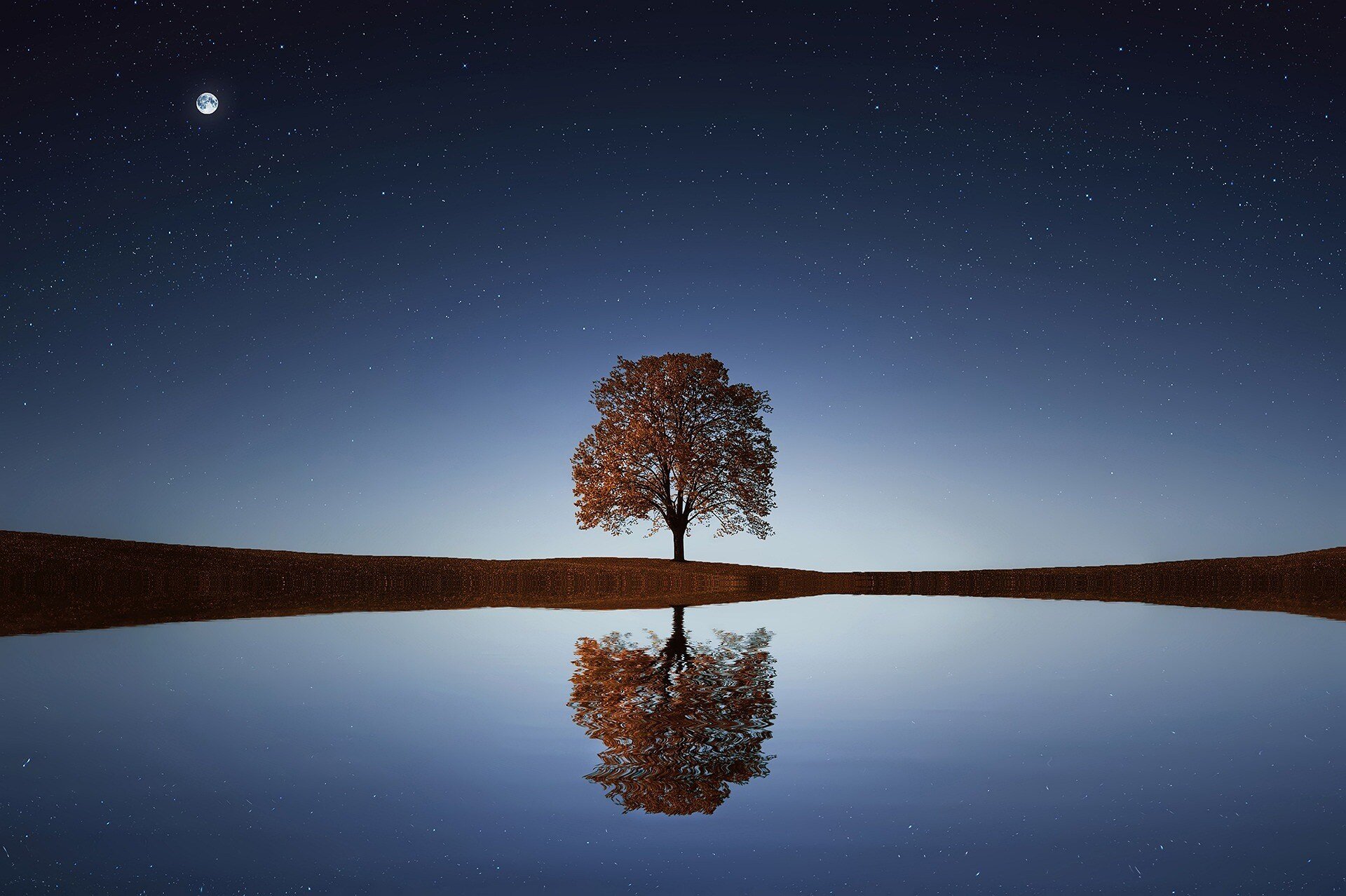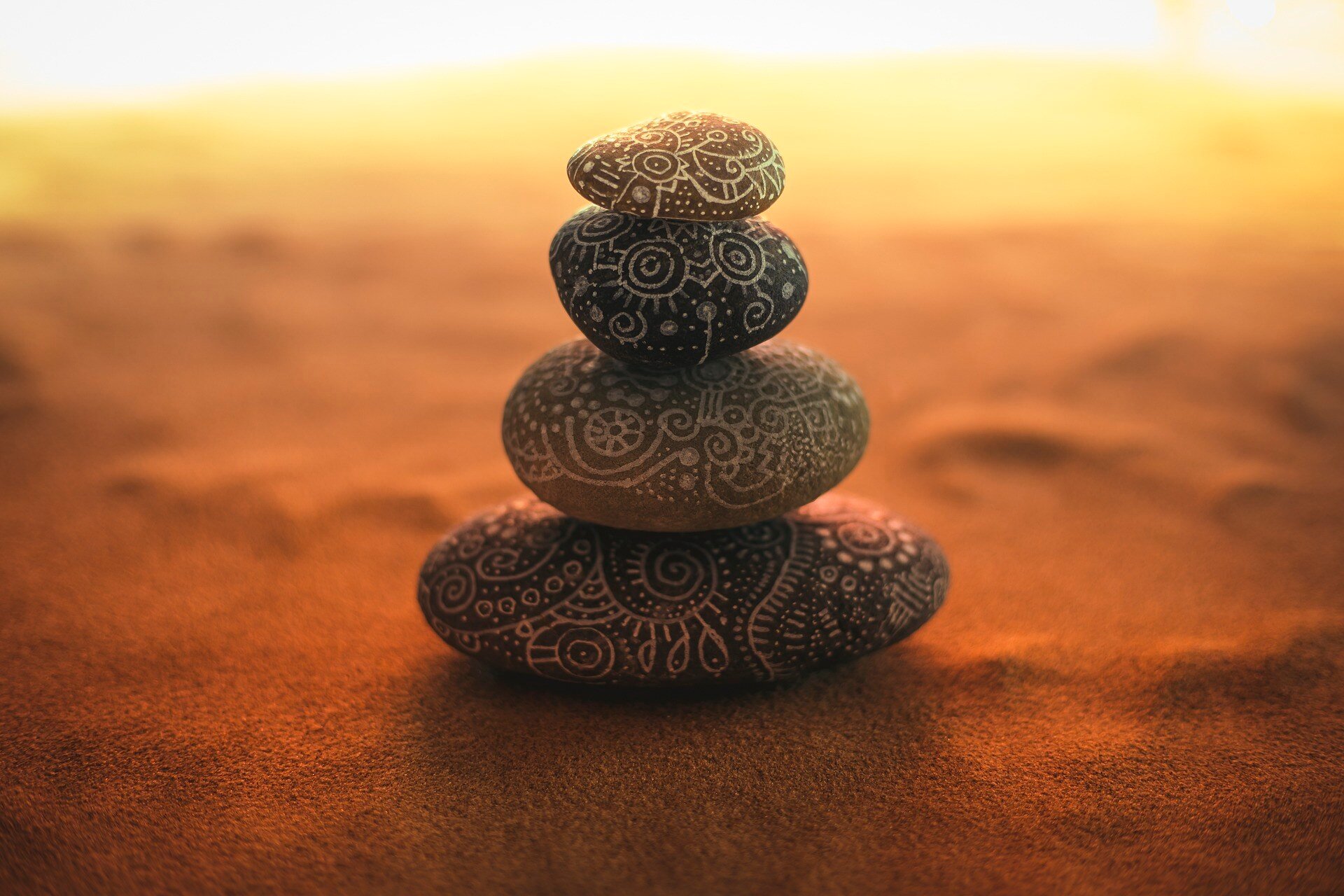THE LIVING METHOD
OF AWAKENING
by Fred Davis
Proven Method For Awakening & Ongoing Clarity
Freedom From Suffering
Something Powerful
Sunday satsang
Do you ever hear yourself saying...
“I just want peace from the voice in my head”
“Regarding nonduality: I don’t get it”
“I understand nonduality intellectually, but it’s not my experience”
“I’ve had a glimpse, but I got it and lost it”
“I keep getting it and losing it”
“I should be clearer than this”
If you answered yes to one or more of the above statements,
The Living Method can be the end of seeking for you

Proven Method For Awakening & Ongoing Clarity

Freedom From Suffering
Through The Living Method Of Awakening
At our core, we are dedicated to guiding long-time seekers on their journey to uncovering their true nature in everyday life. Through thoughtful inquiry, unwavering support, and heartfelt encouragement, we provide the tools and insights needed to navigate the path of self-discovery. Join us in a transformative experience that empowers you to live authentically and embrace the essence of who you truly are.
The Living Method (TLM) is awakening clarity now, and now, and now, and now. There’s only now to realize true nature. TLM has the keys to unlocking realization and abiding as true nature. TLM provides the required ongoing guidance for bringing true nature to the core of daily life. The operative word is ongoing guidance. Realization is not a one-and-done experience.
-1.png?width=400&height=400&name=SUNDAY%20SATSANG%20(4)-1.png)



.png?width=250&height=250&name=SUNDAY%20SATSANG%20(4).png)